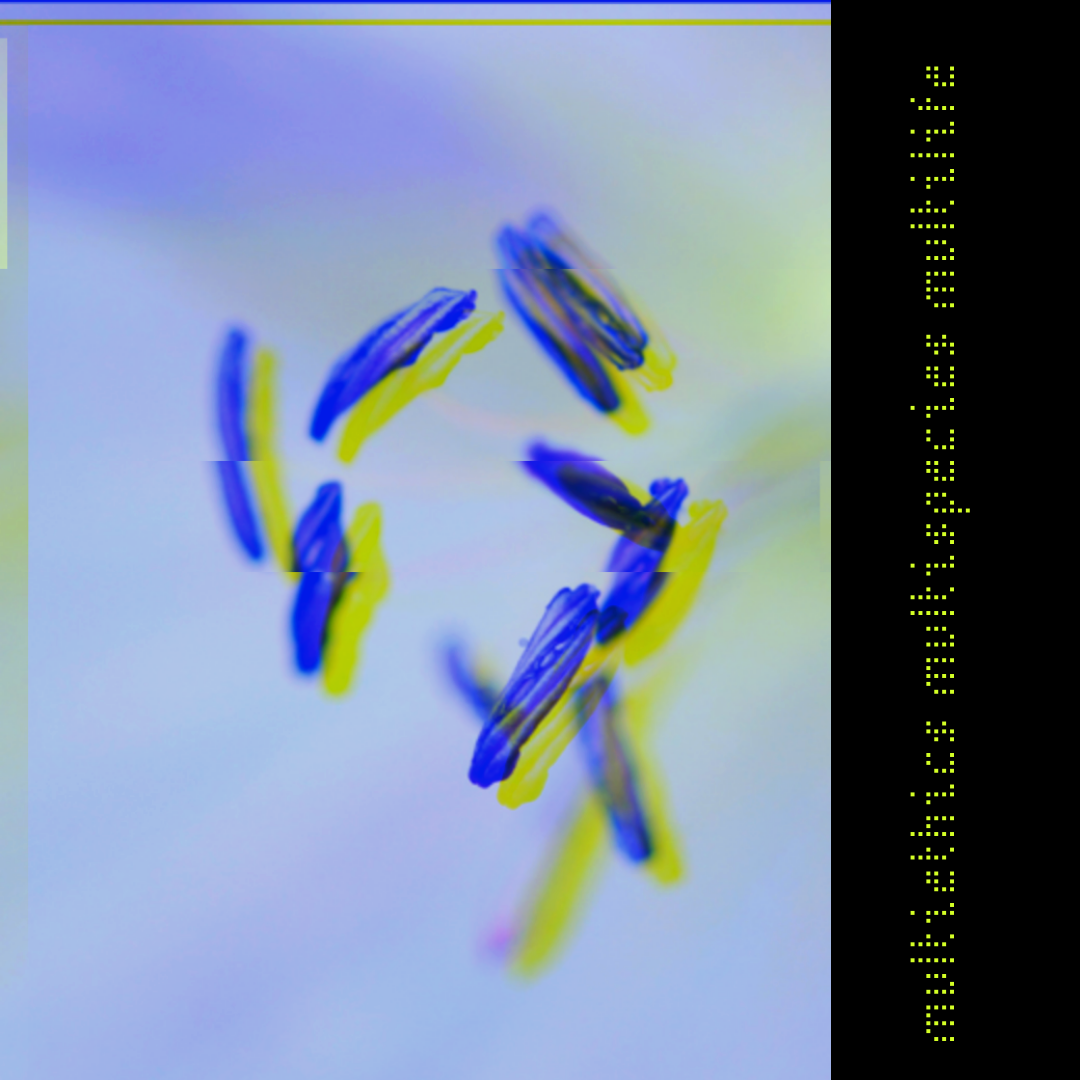
Gary Fincke
Artist Statement: Talking & Listening to Plants
As a boy, I was in love with horror-story comic books. Hordes of army ants, greenish-hued zombies, blood-sucking vampires, and, much to my surprise one afternoon, the cries and screams of dying plants. More than sixty years later, the issue that contained the story of a scientist who developed a potion that allowed him to hear the sounds that plants made is the one that made the most lasting impression.
I didn’t know it then, but it was a kind of Faustian tale. The scientist’s desire for being singular, acquiring an ability no one else possesses, is an age-old story. But now, in an age of climate change and a global threat to every plant, not just the ones overheard from my backyard, serious, full-length books are available concerning “plant voices.”
It was my father who tried his best to teach me to appreciate nature. He coaxed me into nearly every wooded area within an hour’s drive of where we lived near Pittsburgh. He identified trees. He named wild flowers. He pointed which weeds flourished in shade and sunlight. He had me memorize the differences between the edible and the poisonous. If I had retained even half of those lessons, I could be halfway to being a survivalist.
I remember less than a third, but having children and then grandchildren of my own, I’ve been trying to re-educate myself, even if mostly by trial-and-error. From ground cover to shrubbery to decorative trees, I’ve been rewarded or have regretted choices made in ignorance.
But, of course, it’s not my small, selfish desire to master private landscaping that matters. It’s the sweeping, global clues to catastrophe that plants provide. And what spoke to me most while considering what to include and what to leave out of this essay, was a few hours among Joshua Trees in southern California. The discovery that those hardiest of plants, those that have survived thousands of years of the challenging climate in which they are found, now show signs of perishing.
“Even them” is the phrase that came to mind when I walked among them, arriving early in order to have a few hours before the heat became intolerable. And it occurred to me that if our hearing were somehow more acute or able to absorb a different frequency, we might heed their terrible warnings.
GARY FINCKE's latest collection of essays The Darkness Call won the Robert C. Jones Prize (Pleiades Press, 2018). A new collection The Mayan Syndrome will be published in 2023 by Madhat Press. Its lead essay, "After the Three-Moon Era," was reprinted in Best American Essays 2020.

